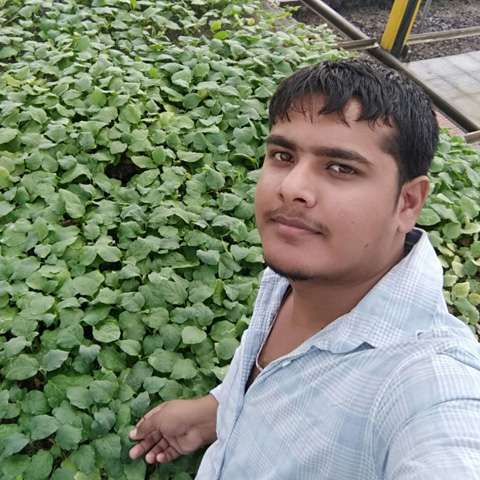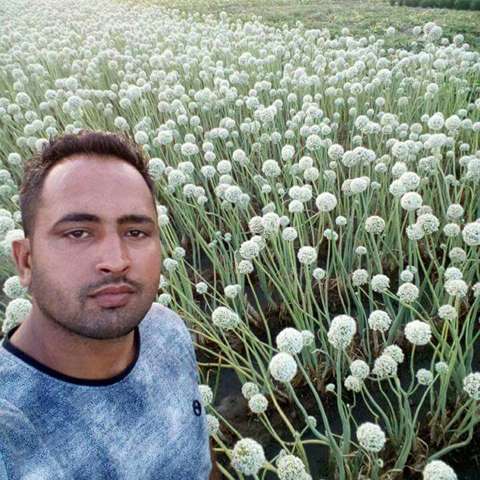Story of Vipin Yadav a farmer and a computer engineer who chose hydroponics over traditional farming method to bring revolution
Today is an era where if farmers don’t have fertile land or even land, then also they can exist; and for this, Indian farmers have to realign their priorities and agriculture practices to overcome the stereotypical conventional methods.
Technology has taken the agricultural practices up to an advanced level so that no constraints like pests or disease can affect the crop yield, and this is a positive growth in the agriculture sector. The only thing that keeps the farmer away from their own progress is their fear – “The fear of losing the investment in technology and maybe the thinking that what if, it does not work out well and lead to a huge loss.”
But this 20-year-old farmer understood the prerequisite demands to progress in agriculture field and is now doing something beyond traditional farming.
Hydroponics is a good way of farming because no disease can affect the plants as the farming is done soil less. Moreover, we prepare the plants in poly-house, so no environmental disease can affect the plants at all. I am happy with this method of farming and I want other farmers also to adopt hydroponics –Vipin Yadav.
Unsatisfied from the job salary package after completing his engineering degree in Computer Science, Vipin decided to start farming, but definitely not like his father, who was practicing conventional farming methods.
“In 2015, I introduced the new technique of soil-less farming to my father for whom soil was the only base to grow the plant. –Vipin Yadav”
To implement what he learned during training, he started with just mere 50 trays containing small plants of two main varieties, with the investment of Rs. 5000 to 7000.
“I allocated 800 sq ft area for the hardening unit and 1000 sq ft for preparing plants by taking space on rent in Gurugram and also built poly-house in it. –Vipin Yadav”
His experimentation with 50 trays in hydroponics leads him to great success which motivated him to start it on a huge scale. The next big investment with which he started hydroponics was Rs. 250000 with the help of friends and relatives.
“Currently, I can prepare 250000 plants or more on order.”
Hydroponics is not practiced from April to mid-July due to warm climatic conditions, but still, profit is good enough to recover this gap. Vipin Yadav is growing almost all types of crops – grains, oil-seeds, vegetables, and flowers in his hydroponic farm. Machinery like sprinkler and fogger are some of the implement which he is using to make his farming easier. His flower produce is very healthy and has good yield, due to which it was even sent to President’s Secretariat.
For soil-less farming, he uses three components: Coco peat, Perlite, and Vermiculite in the ratio of 3:1:1. In 35-40 days the plants are ready and then they are kept in hardening unit for 1 week. Nutrition like NPK, zinc, magnesium, and calcium are given to the plants through the water. In Hydroponics there is no use of pesticides as no soil is used for farming, moreover, Vermicompost is used which can be easily prepared at home.
Vipin Yadav is an example of how the youth of India is saving the future of agriculture by using the proven advanced technology.
“Before starting anything new in the field of agriculture, farmers must take training from KVK to enhance their skills and make themselves trained.”
The nation needs more young and creative mind to venture in the agriculture field for better economic development and if we continue to meet such young people like Vipin Yadav, then this is a positive indication towards the future.









